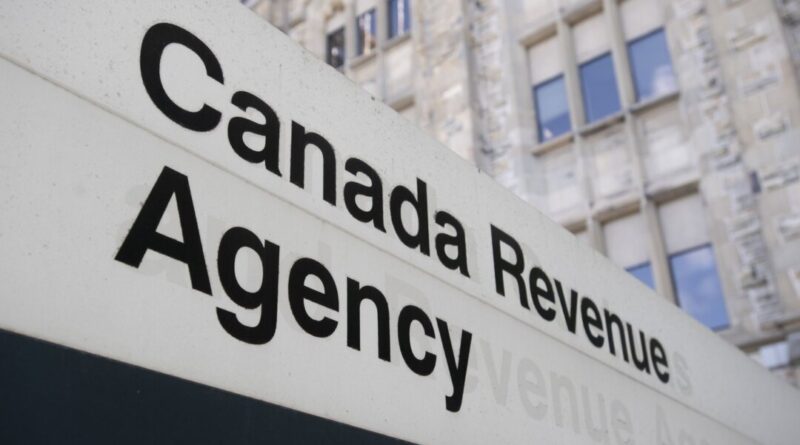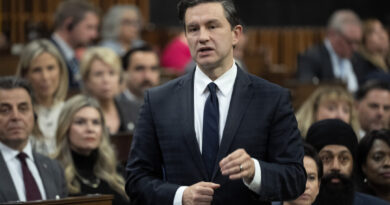Report Shows Average Family Spends More on Taxes Than Necessities, Making Up 43 Percent of Income
The average Canadian family continues to spend more of its income on taxes than on basic necessities, a think tank says in its 2024 report.
The average Canadian family in 2023 spent 43 percent of its income on taxes and 35.6 percent on basic necessities such as food, clothes, and shelter, the report found.
The institute said the average household earned $109,235 in 2023, with a share of $46,988 being spent on income taxes, payroll taxes, sales taxes, property taxes, fuel taxes, carbon taxes, and vehicle taxes.
By comparison, in 1961, the average family had an income of $5,000 and paid $1,675 in taxes, for a total tax burden of 33.5 percent.
The institute notes a 2,705 percent increase in Canadians’ tax bill since 1961. In comparison, the Consumer Price Index (CPI), which is used to measure inflation, rose 901 percent over the same period.
When adjusted for inflation, Canadians’ tax bills have increased by 180 percent since 1961, the institute said.
The Fraser Institute also notes that since governments are running deficits, these will eventually need to be paid for by taxes.
“The total tax bill of the average family would be much higher than it actually is if, instead of financing its expenditures with deficits, all Canadian governments had simply increased tax rates to balance their budgets,” the report said.
Adding this deferred taxation would raise the 2,705 percent tax increase since 1961 to 2,852 percent.
Data from the institute also shows how the average expenditures for shelter have increased over the years. They mark the highest increase among basic necessities with a 2,006 percent rise since 1961, compared to 901 percent for food and 478 percent for clothing.
Canadians have been experiencing affordability issues in recent years with first a spike in inflation and more recently with high interest rates as the central bank is reigning-in inflation.
The Liberal government has been focused on creating social programs to help with affordability, whereas the Conservative opposition have said limiting the size of government and cutting spending is needed to bring down the cost of living.
Ottawa has recently increased the capital gains tax from 50 to 66.7 percent to help fund its programs.
Ms. Freeland also said the recently enacted Digital Services Tax on large foreign online companies is needed for the same reason.
“As Canadians, we have such a crying need for investment in so many things in our country, whether it is housing, or making life more affordable, or investing in productivity and growth,” she said in early July.





